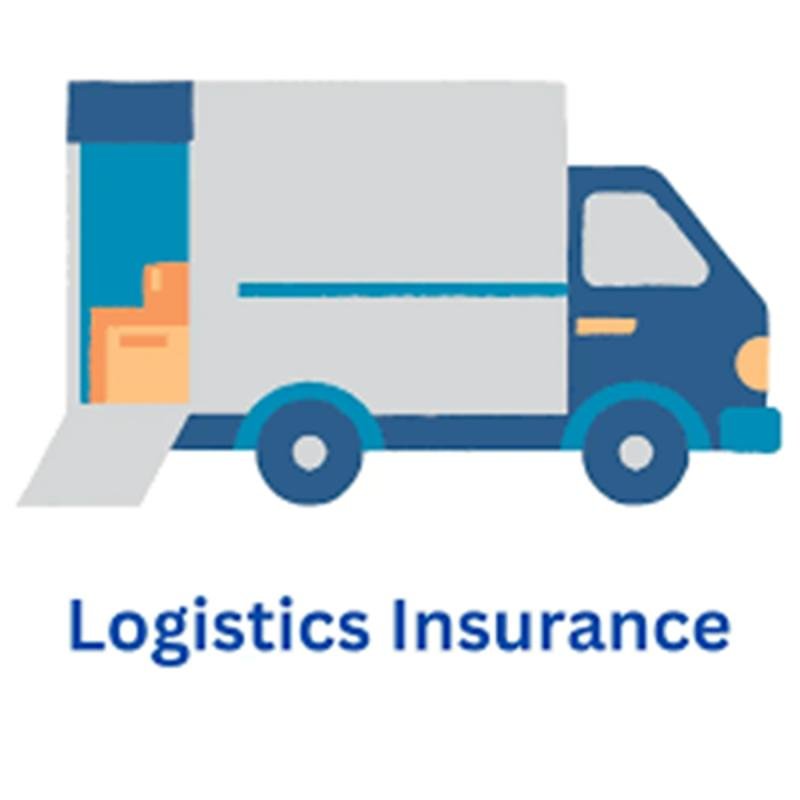Unlocking the Value: Embracing Logistics Business Insurance in 2023

“Logistics business insurance encompasses a comprehensive array of coverages tailored to address the unique risks prevalent in the shipping industry. Each logistics company possesses its own distinct characteristics, necessitating customizable coverages that can cater to single owner/operators or extensive fleets. Below, we’ve outlined some of the standard coverages typically incorporated into logistics business insurance packages. Click on the titles for more detailed information.
- Cargo Insurance :
Cargo Insurance is a fundamental requirement for any logistics business, and it’s commonly included in most logistics business insurance plans. Tailoring cargo insurance to specifically address your logistical risks can offer several advantages, including:
- Coverage for the full value of shipped goods, including profits.
- Adherence to your negotiated insurance policy without the limitations of a carrier’s contract of carriage.
- Comprehensive end-to-end coverage.
- Access to a local agent for assistance with inquiries and claims.
- Streamlined paperwork and simplified reporting.
Cargo and logistics entail various types of risks, all of which Cargo Insurance can address. Depending on your insurance policy, Cargo Insurance can safeguard you from:
- Lost or damaged cargo, both domestically and globally, covering various cargo types like general, perishable, hazardous, valuables, heavy-lift, manufactured goods, commodities, etc.
- Stock throughput risks, encompassing goods and materials temporarily stored before reaching their final destination.
- Cargo and professional legal liability, providing protection for actions by third-party logistics service providers, such as freight forwarders, customs brokers, warehouse staff, truck drivers, and aircraft pilots.
- Supply chain/trade disruption, covering extra expenses or lost profits due to shipment delays or non-arrival resulting from transit disruptions.
- Shipment rejections, offering coverage in case cargo is rejected by a governmental agency.
- Political risks, safeguarding your assets and protecting against contract frustration due to political unrest abroad.
- Exhibition risks, ensuring protection for client goods during transit and while on display at trade shows.
- Hull & Machinery Insurance : For logistics companies that own and operate shipping vessels, Hull & Machinery Insurance is a typical addition to their logistics insurance coverage. This insurance type safeguards vessels or fleets against physical damage during transit over water, including barges, tugboats, floating machinery, and oil rigs, among others. It’s important to note that Hull & Machinery Insurance does not cover liability for property damage or fatalities. To secure protection against these risks, you’d need to include protection and indemnity coverage in your logistics business insurance.
- Commercial Vehicle Insurance : Commercial Vehicle Insurance is mandatory for all vehicles used for business purposes and is often included in logistics business insurance packages. It shields your logistics business from liability stemming from accidents involving company vehicles used during business operations.
- Commercial General Liability Insurance : Commercial General Liability (CGL) insurance is a standard component for all businesses and can safeguard your logistics business from legal liability related to personal injury, property damage, or false advertising. In this context, personal injury and property damage refer to incidents unrelated to your logistical operations, such as injuries occurring on your property. Commercial General Liability insurance, as part of a logistics business insurance plan, can cover the costs associated with defending against a lawsuit, including lawyer’s fees, defense expenses, settlements, and damages awarded.
- Commercial Property Insurance : Just as you wouldn’t leave your shipping vessels or commercial vehicles uninsured, failing to protect your business property is equally risky. Various perils, including fires, floods, windstorms, sewage backups, gas leaks, vandalism, and more, can affect your logistics business. Commercial Property Insurance is a vital component of any logistics business insurance plan, safeguarding both the structures and contents of your business property. This includes the physical building, office equipment, machinery and equipment, office supplies, business records, and other assets such as cash and financial instruments. Given that logistics companies need to maintain operations regardless of unforeseen events, we also recommend Extra Expense coverage to assist with the costs of establishing a temporary workspace in the event of an insured peril.”
More on:


